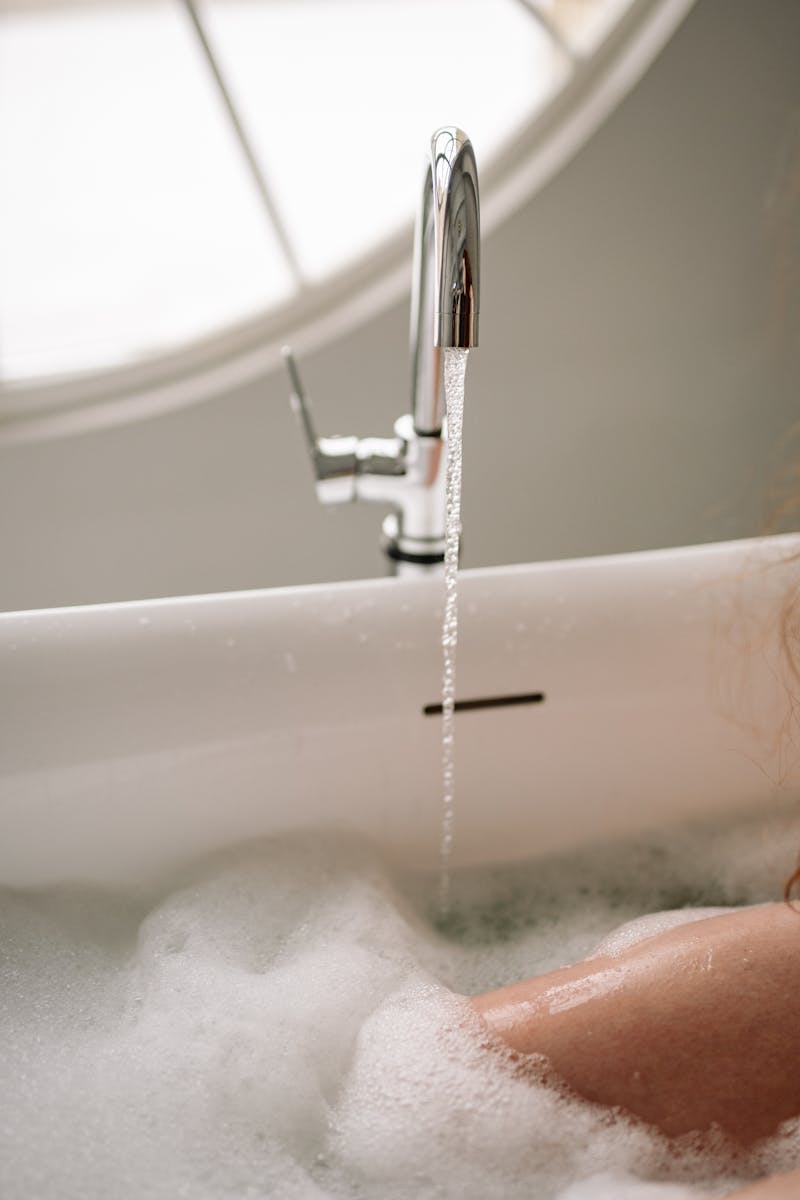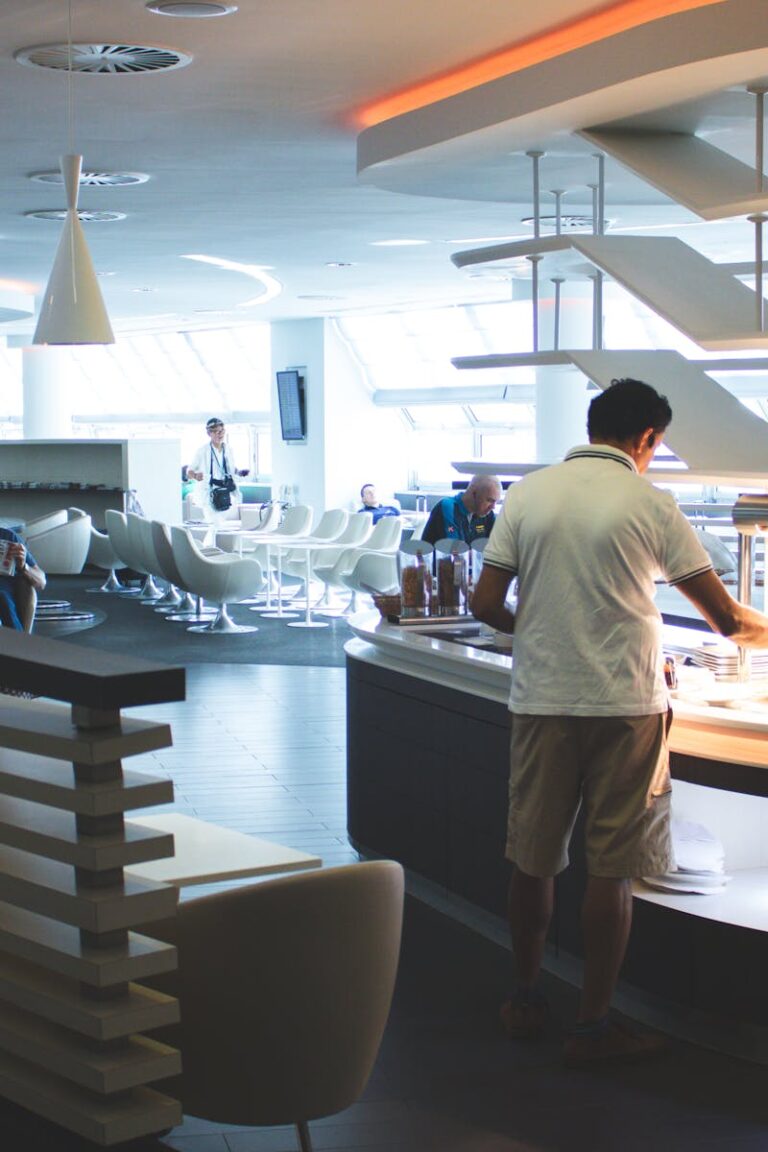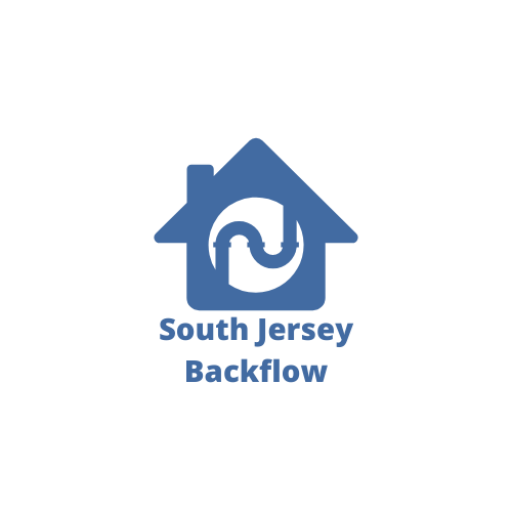How Backflow Preventers Work: Protecting New Jersey’s Water Supply
Ensuring clean and safe drinking water is a top priority for homeowners, businesses, and municipalities. One of the most effective ways to prevent contamination is through backflow preventers, devices specifically designed to stop the reverse flow of non-potable water into the clean water supply. Understanding how these devices work can help property owners in New Jersey stay compliant with regulations and protect their water from potential contaminants.

What is Backflow and Why is it a Problem?
Backflow occurs when the normal flow of water is reversed, allowing contaminated water to enter the potable water supply. This can happen due to:
Back-Siphonage
A sudden drop in water pressure (such as from a water main break or fire hydrant use) creates a vacuum effect, pulling water backward into the system.
Back-Pressure
When pressure in a connected system (such as a boiler or irrigation system) becomes greater than the pressure in the potable water supply, it pushes non-potable water into clean water lines.
Contaminants introduced through backflow may include chemicals, pesticides, bacteria, and even human waste, posing severe health risks. That’s why New Jersey requires the use of backflow preventers in many residential, commercial, and industrial settings.
How Do Backflow Preventers Work?
Backflow preventers are mechanical devices installed in plumbing systems to ensure water flows in only one direction. These devices include:
1. Air Gaps
- The simplest and most effective form of backflow prevention, an air gap is a physical space between a water outlet and a potential contaminant source.
- Commonly used in sinks, dishwashers, and industrial water systems to prevent backflow.
2. Check Valves
- A basic device that allows water to flow in one direction and automatically closes if flow reverses.
- Often found in residential plumbing and irrigation systems.
3. Double Check Valve Assembly (DCVA)
- Consists of two check valves in sequence, providing extra security against backflow.
- Typically used in sprinkler systems, commercial plumbing, and industrial facilities.
4. Reduced Pressure Zone (RPZ) Valve
- Consists of two check valves in sequence, providing extra security against backflow.
- Typically used in sprinkler systems, commercial plumbing, and industrial facilities.
5. Pressure Vacuum Breaker (PVB)
- A spring-loaded check valve that prevents back-siphonage but is not effective against back-pressure.
- Commonly used in irrigation systems and outdoor water supplies.
Why Backflow Prevention is Essential in New Jersey
New Jersey has strict regulations for backflow prevention to protect public water supplies. State laws require:
- Annual testing of backflow preventers by certified professionals.
- Proper installation of approved backflow prevention devices in high-risk properties.
- Immediate repair or replacement of faulty devices to maintain compliance and ensure public safety.
Failing to comply with these regulations can result in fines, legal consequences, and potential water contamination issues.
Who Needs a Backflow Preventer?
Not all properties require backflow preventers, but they are mandatory for:
Commercial properties
with irrigation systems, fire sprinklers, or industrial water systems.
Medical facilities
where water contamination could pose serious health risks.
Food service establishments
to prevent cross-contamination in kitchen and dishwashing areas.
Multi-family residential buildings
with complex plumbing networks.
Homes with irrigation systems or private wells
as they pose a risk of contaminating municipal water supplies.

The Importance of Regular Backflow Testing
Backflow preventers are mechanical devices that can degrade over time due to wear and tear, sediment buildup, or pressure fluctuations. That’s why New Jersey mandates annual backflow testing to ensure these devices function properly.
At South Jersey Backflow, we provide:
- Certified backflow testing to meet New Jersey state regulations.
- Installation and repair services for all types of backflow prevention devices.
- Emergency inspections if contamination is suspected.
- Regulatory compliance assistance to help property owners avoid fines and legal issues.
Protect Your Water Supply with South Jersey Backflow
Understanding how backflow preventers work is essential for keeping water safe and complying with state regulations.
If you own a home or business in New Jersey, ensuring your backflow prevention system is properly installed and maintained is crucial.
South Jersey Backflow specializes in expert backflow prevention services, helping you stay compliant and safeguard your water.
Contact us today to schedule your annual backflow test or learn more about our services!

